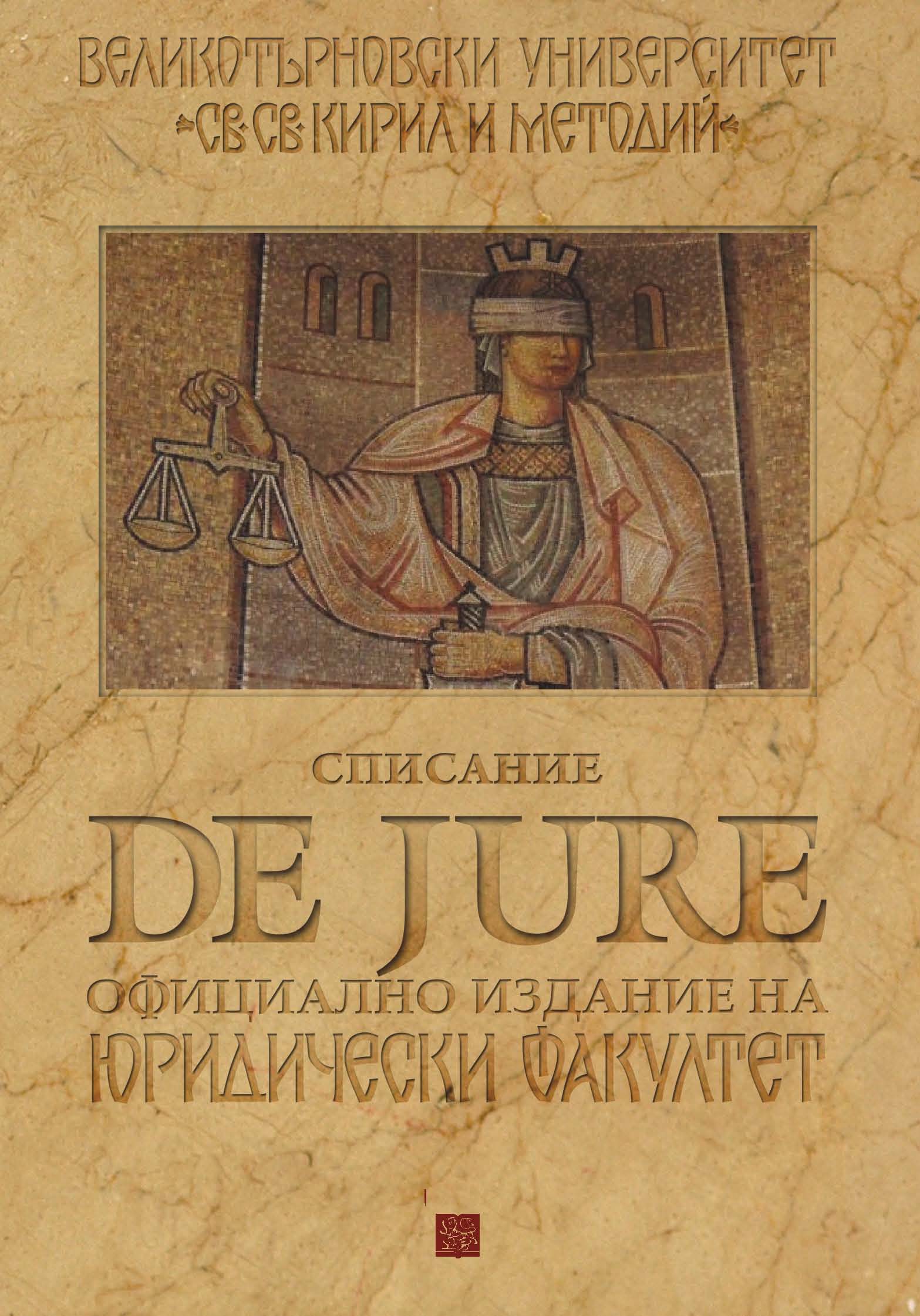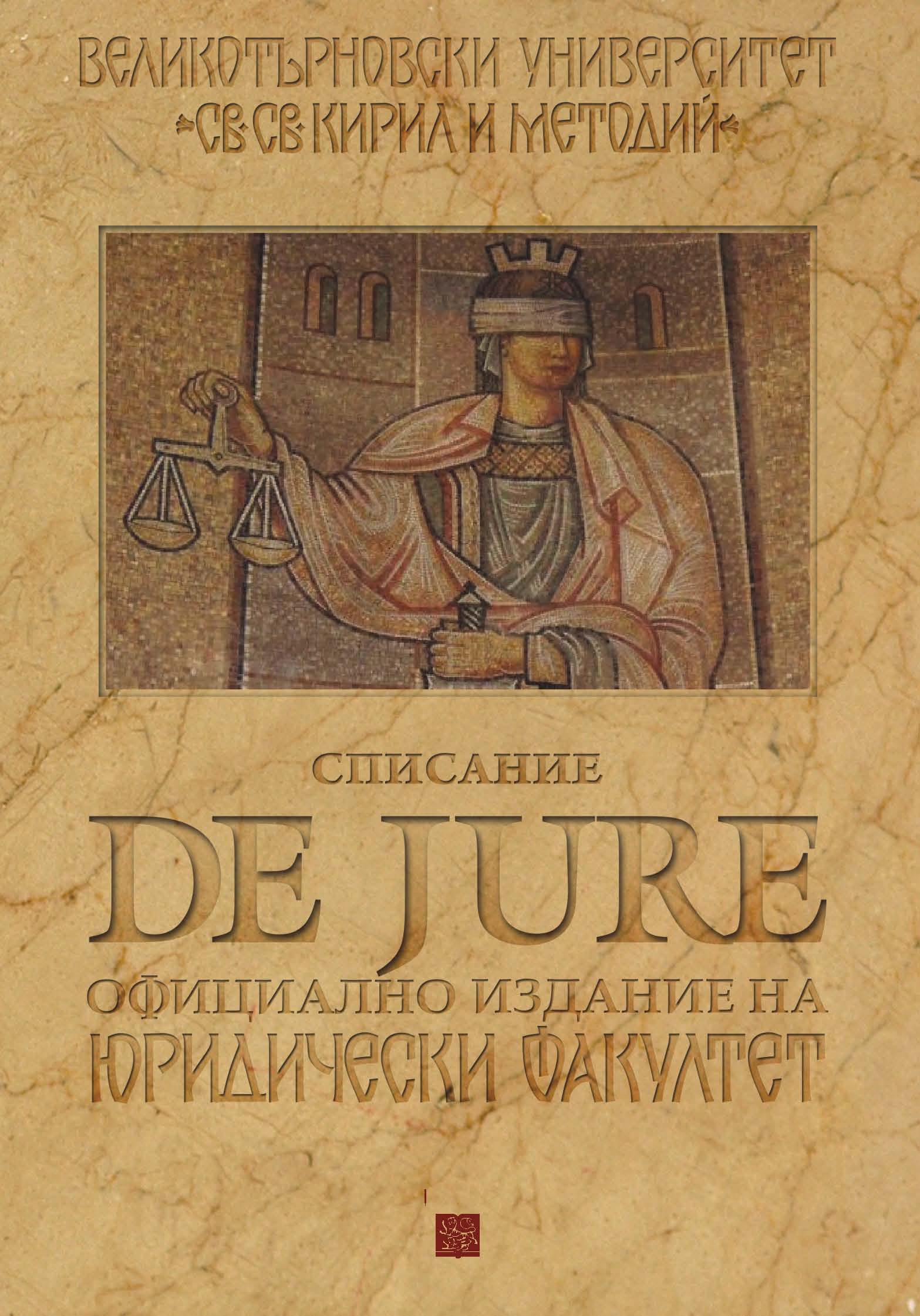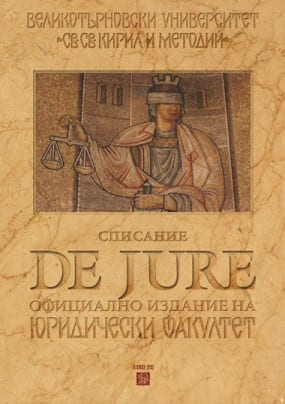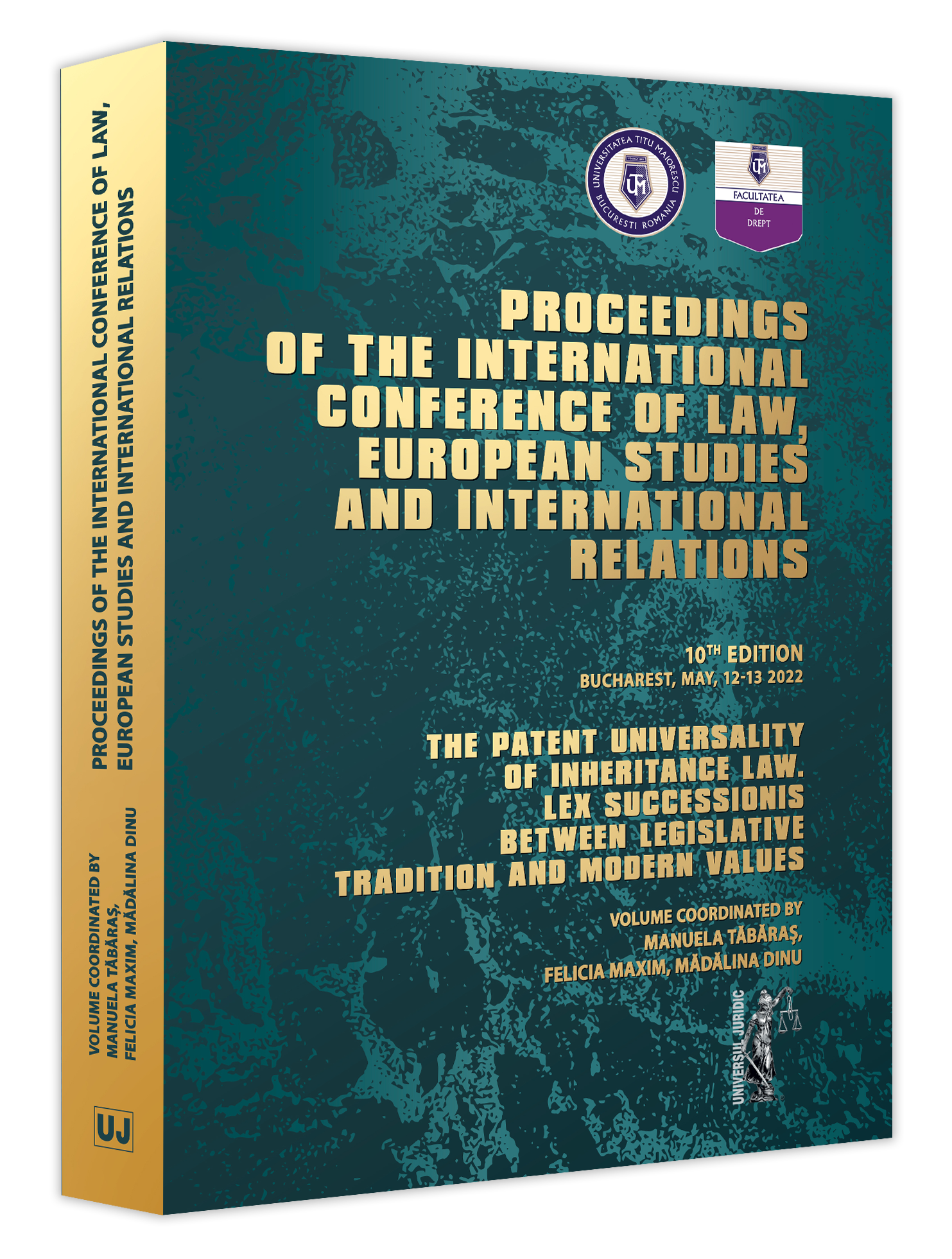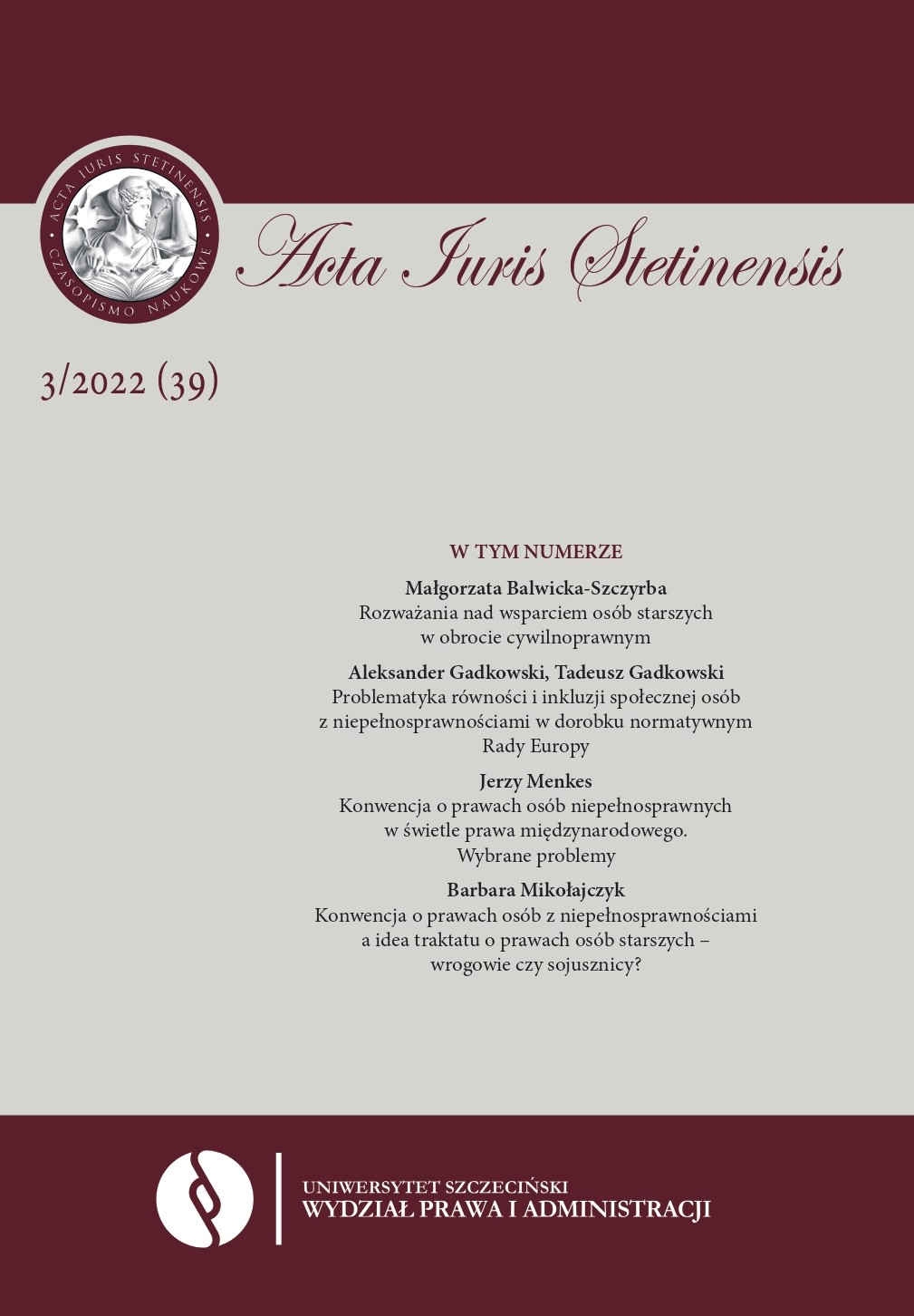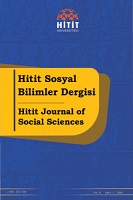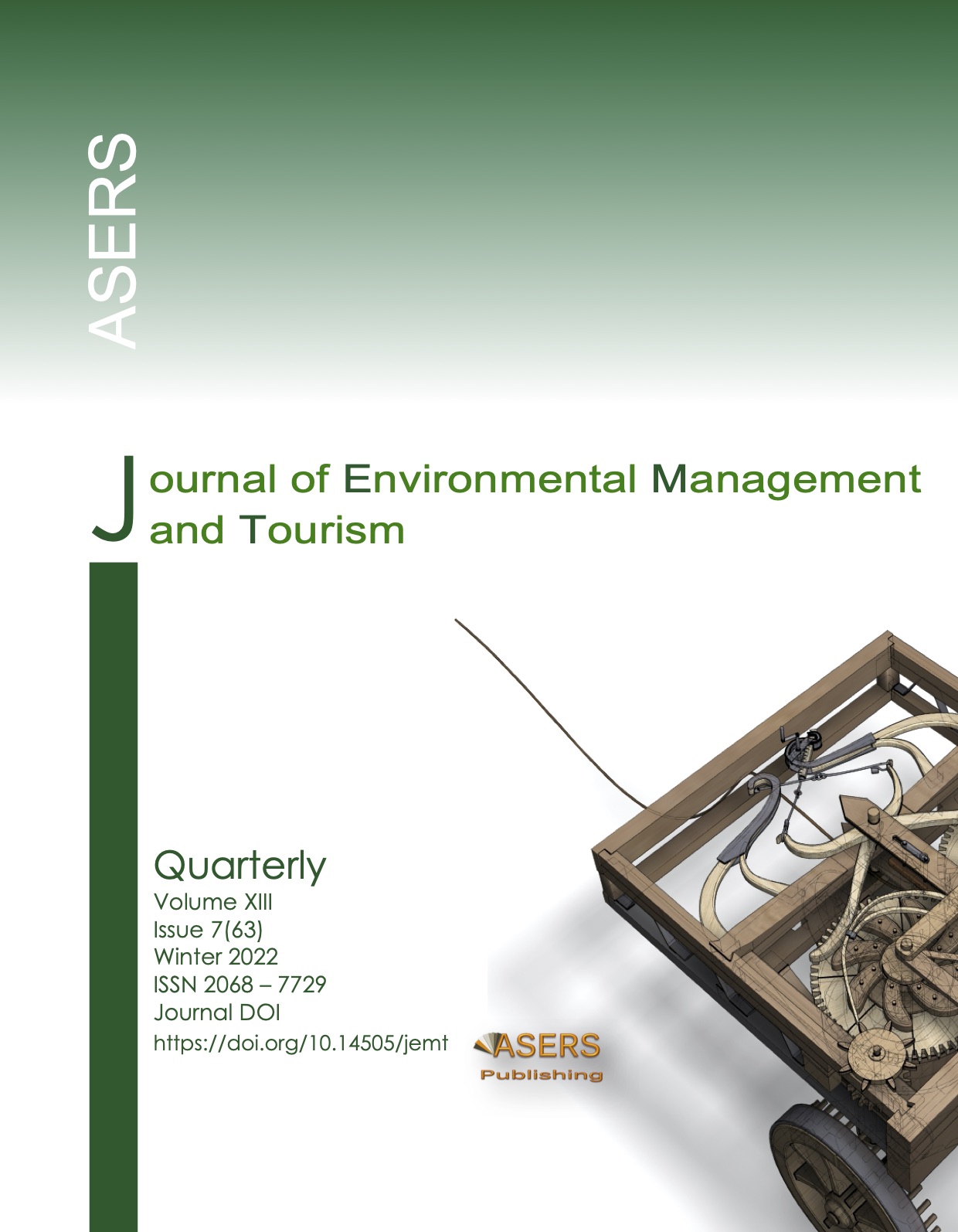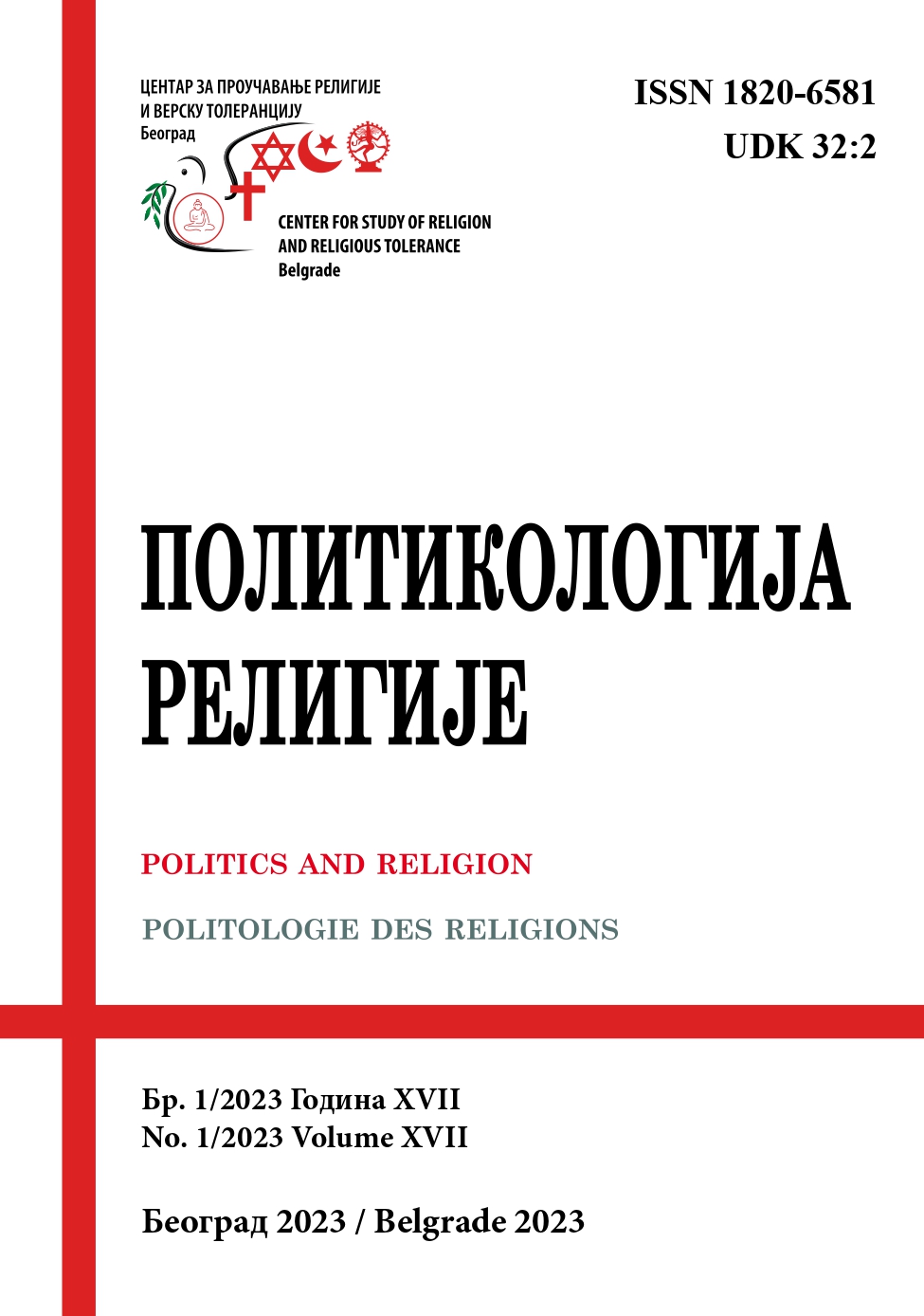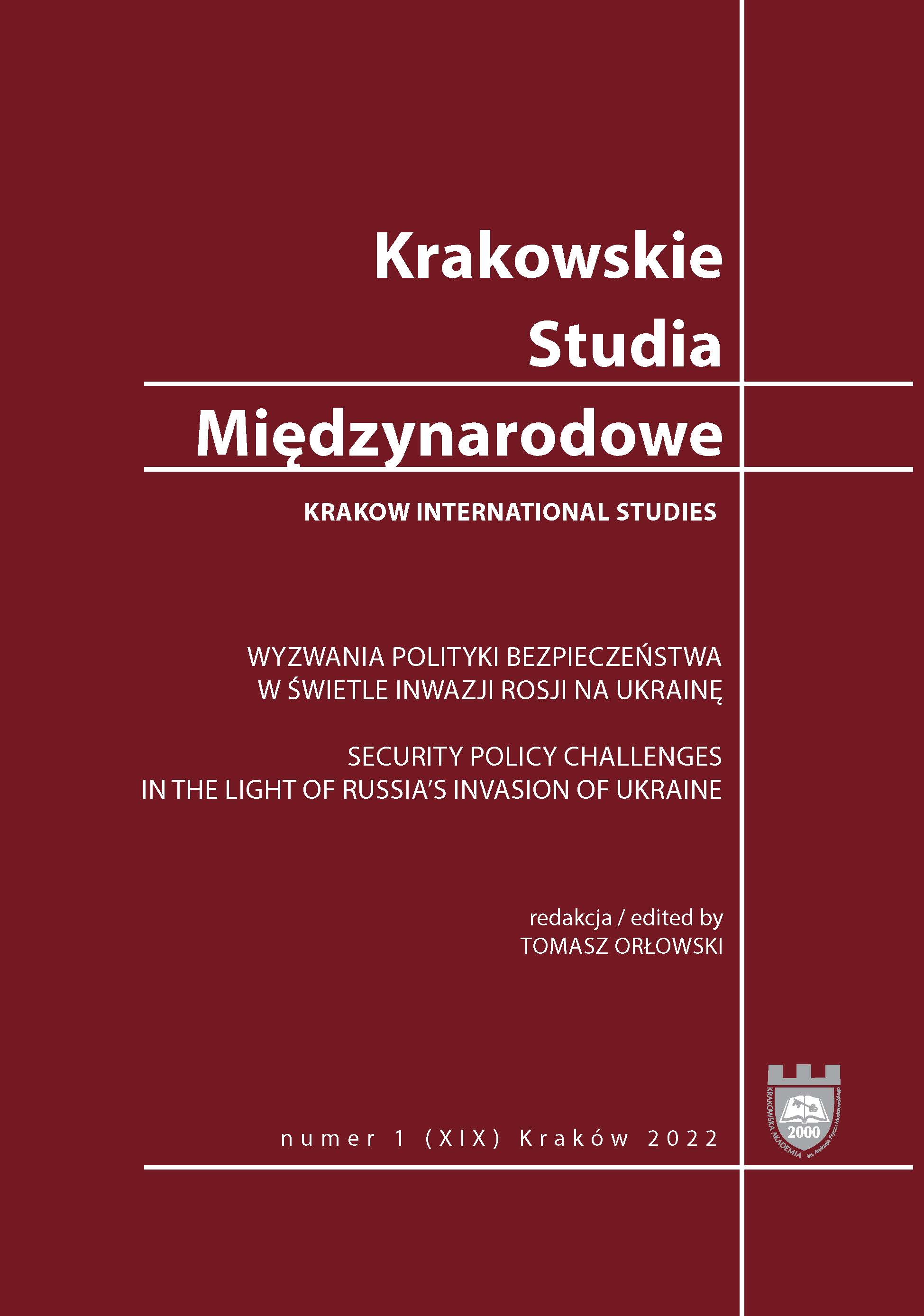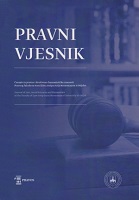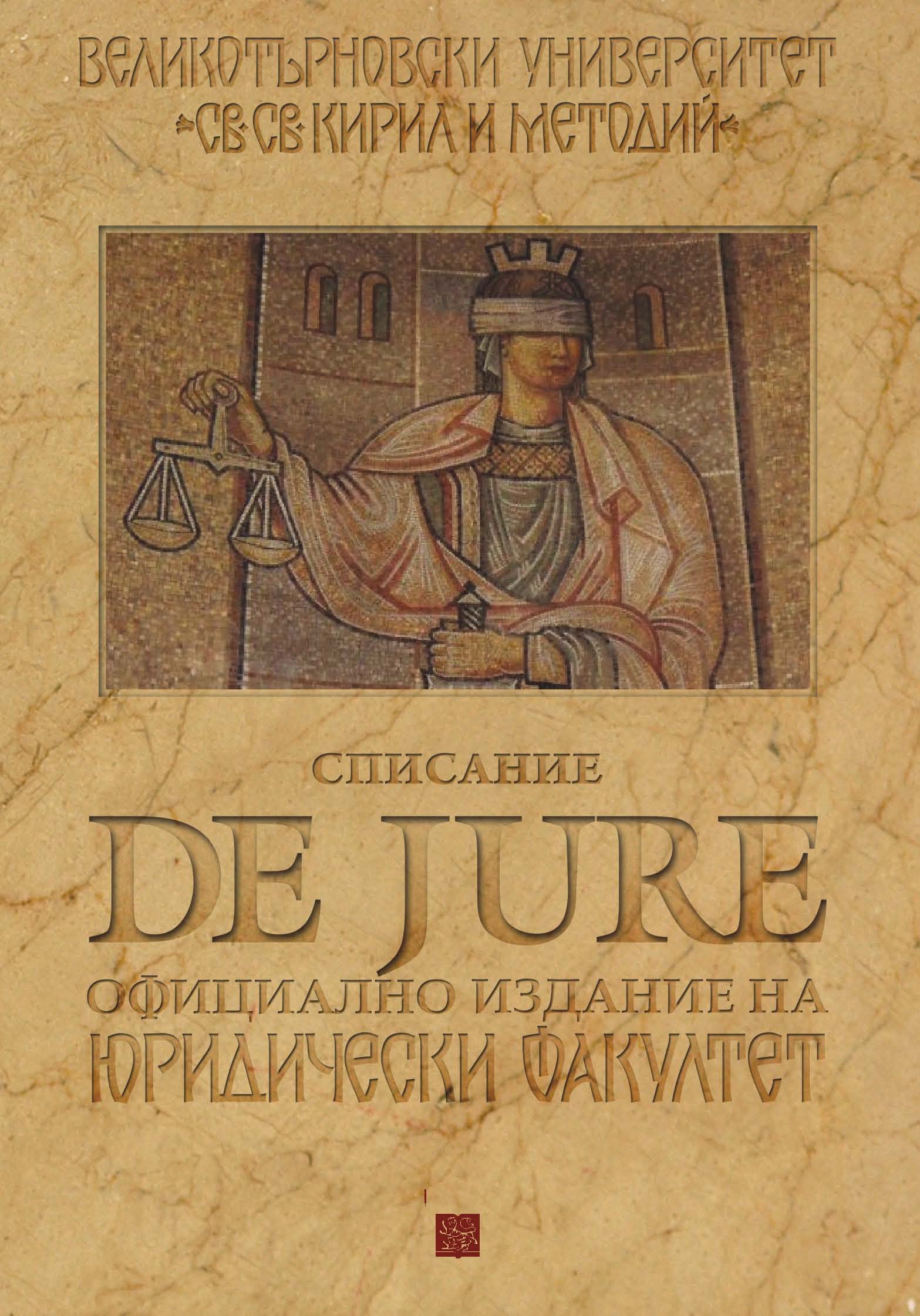
Европейската прокуратура и необходимите промени в българския Наказателен кодекс
The article named “The European Public Prosecutor’s Office and the necessary amendments in the Bulgarian penal code” offers ideas for legislative regulation of crimes affecting the financial interests of European Union within the competence of The European Public Prosecutor’s office in the context of the expected adoption of a Directive of the European Parlament and the Council on the fight against fraud to the Union’s financial interests by means of criminal law and its transposition into national law. First of all the article indicates the problems concerning the judicial reform in Republic of Bulgaria and their reflection in the state penal policy. On the second place the article outlines the specific problems in the fight against violations of EU financial interests, arising from the lack of an adequate legislative framework in the system of the Bulgarian penal code. On the next place the article offers specific legislative solutions to these problems de lege ferenda. Finally concrete conclusions for need of the legislative changes in the proposed sense are derived in the view of the declared willingness of Republic of Bulgaria to join the idea of establishment of European Public Prosecutor’s office.
More...
